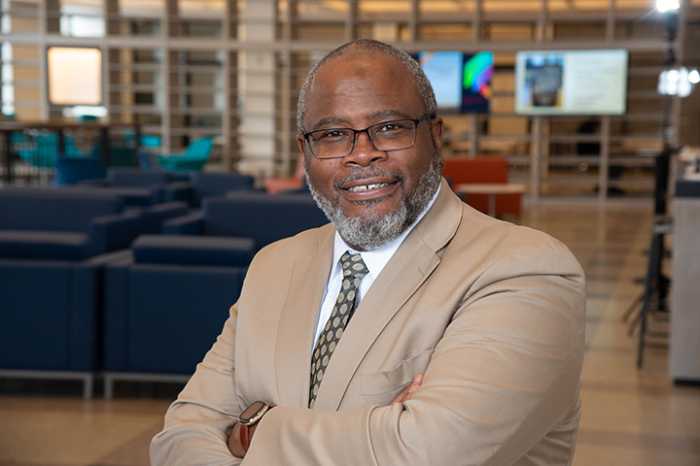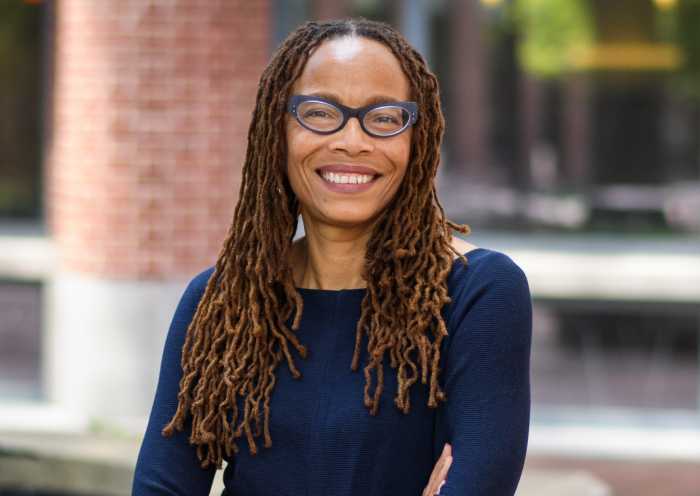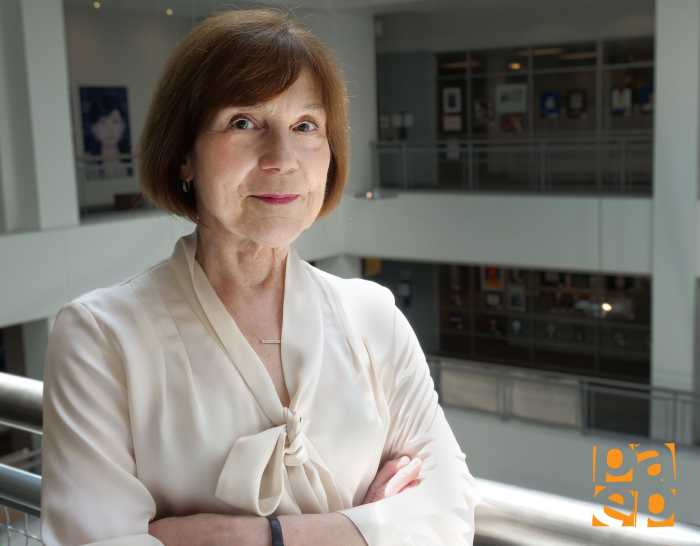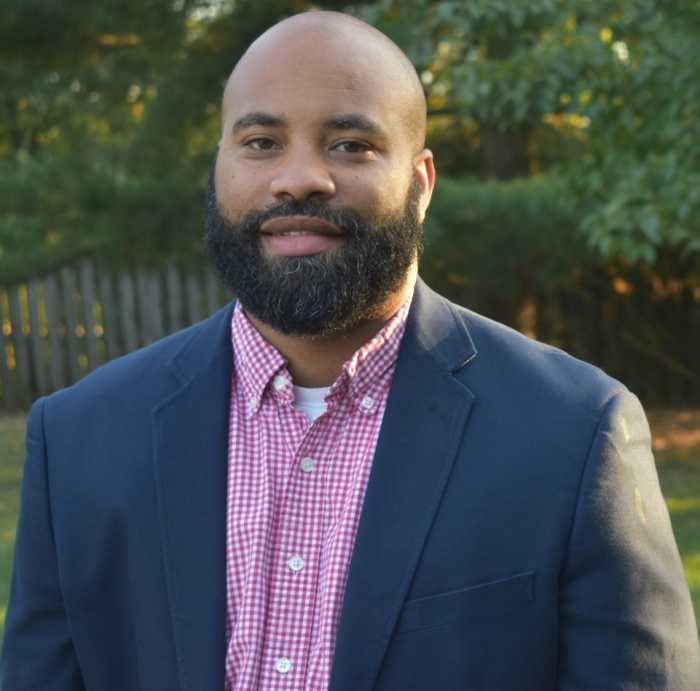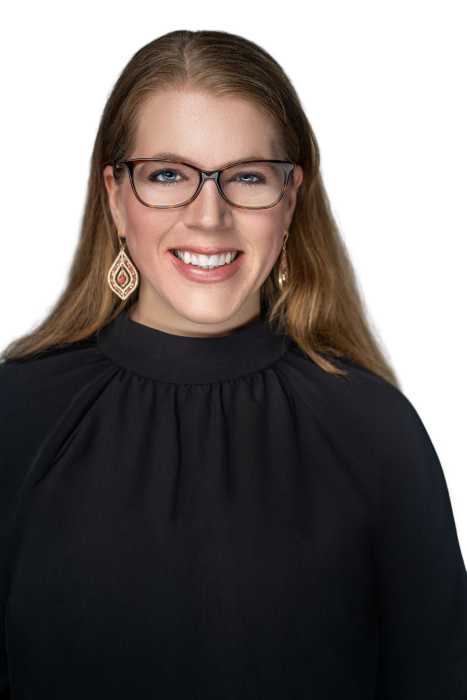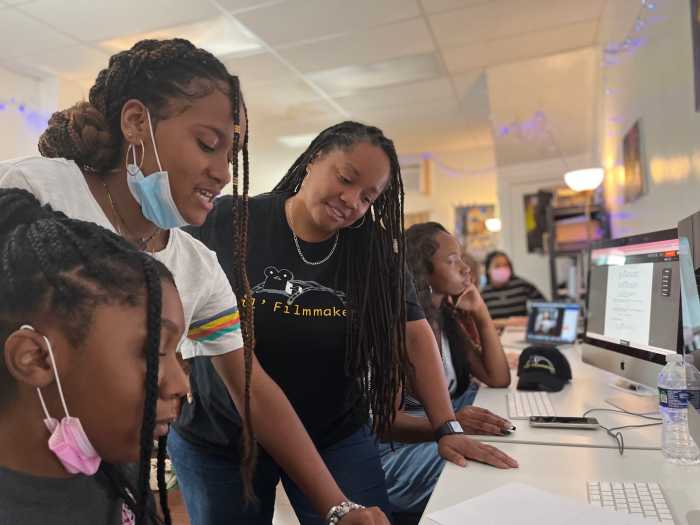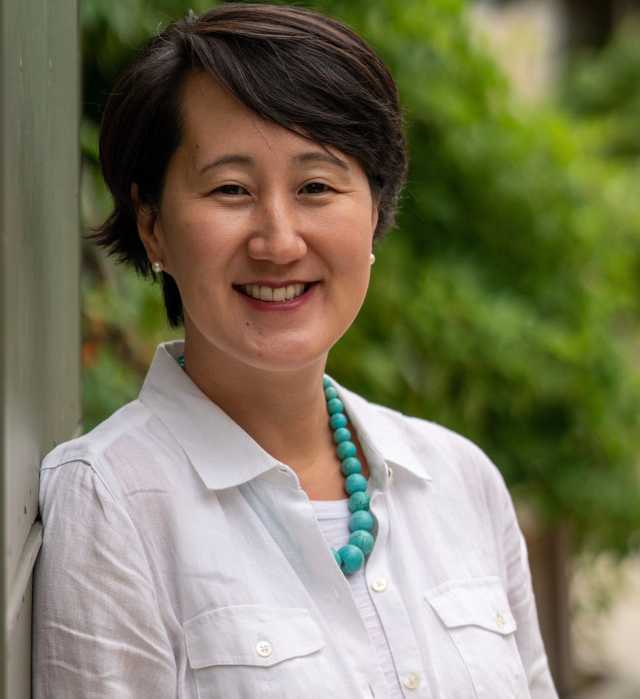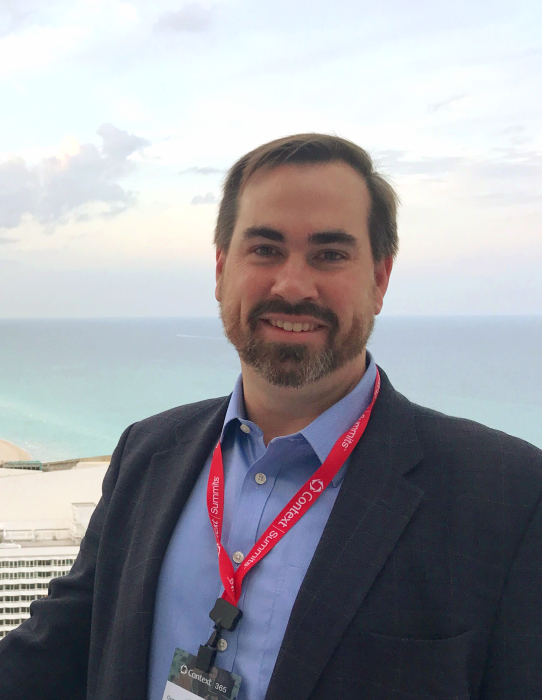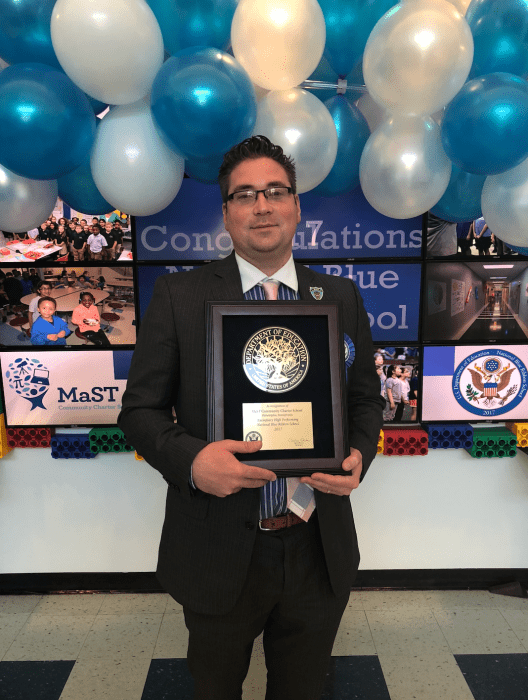Kelly Richards brings with him almost three decades of library experience to the Free Library of Philadelphia, having most recently served as director of the Muskegon Area District Library in Michigan and as president of the Michigan Library Association. He is learning about Philadelphia and its wonderful neighborhoods through the residents, restaurants, and community organizations. Kelly earned a bachelor’s degree in Criminal Justice from Ferris State University, and a master’s degree in Library and Information Science from the University of Pittsburgh.
What is something you have learned from your students?
At the library, people can improve their lives, learn new things, be comfortable, and have fun. Because it’s the people’s university, and one of just a few places that is still free to enter, our patrons have taught me the power of public service and access to information and resources.
What was your favorite moment or experience in your own education?
High school was pivotal in helping me create lifelong connections with my peers. As we went through classes, activities, and situations, having a support system was crucial. Through career changes and moves, we still remain connected regardless of how much time has passed.
What conditions do you think are necessary for a safe and effective learning environment?
Having a caring and knowledgeable staff, engaging and interactive programs, and accessible information is necessary for favorable learning conditions. One of the top priorities of the Free Library is expanding access to safe spaces and programs at our 54 locations throughout Philadelphia.
How do we ensure those without privilege have equal access to quality education and opportunity?
Keeping libraries open and prepared to provide the level of service that the communities need. The Free Library is a source of educational, professional, and personal enrichment available to everyone. We have Wi-Fi and computers for Internet and electronic database access. We also have language access services for English language learners, an instrument lending library, culinary programs, job seekers assistance, quilting classes, and so much more.



